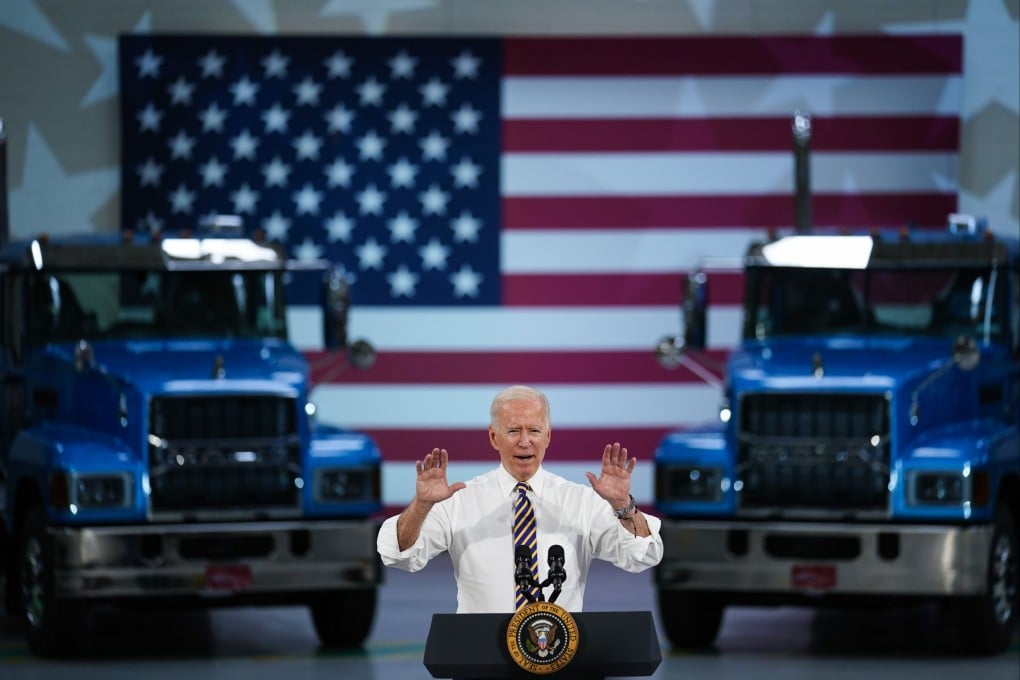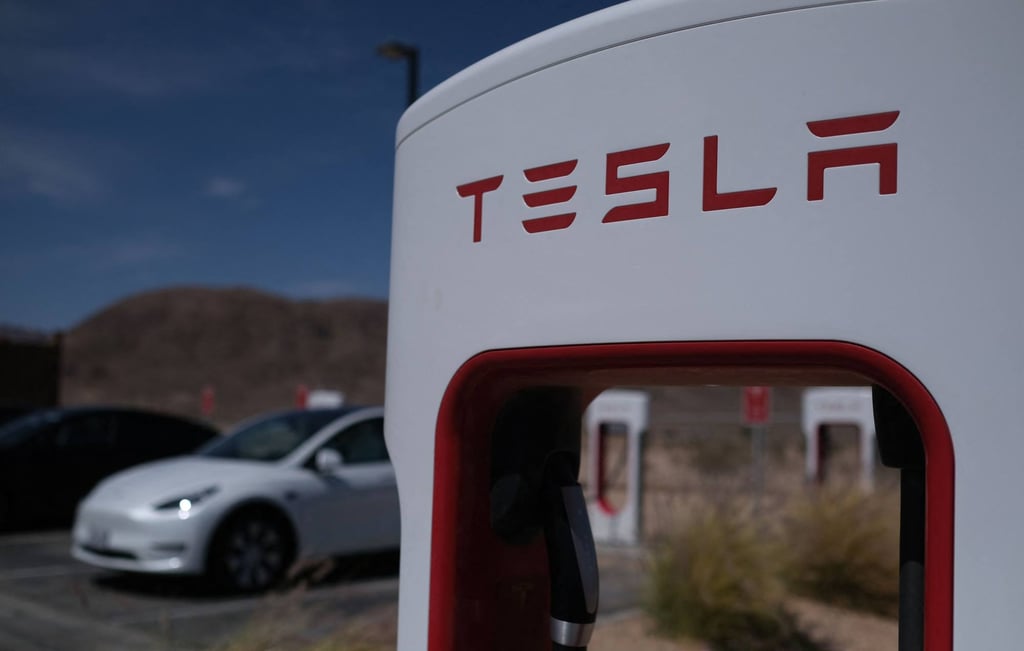The View | Can we build a better economic framework that looks beyond the market-state dichotomy?
- If the free market is dying, what replaces it won’t be found among other 20th-century models, but in new ideas that address contemporary challenges
- Increased state support can help drive innovation and create jobs, but protectionist attempts to revive old industries are misguided

The new framework gives governments and community organisations greater responsibility to shape investment and production – in support of good jobs, the climate transition, and more secure, resilient societies – and is much more suspicious of markets and large corporations. I called it “productivism”, though others can no doubt think of sexier appellations.

But establishing new paradigms means developing novel approaches, not just emulating the old. When the New Deal and the welfare state replaced the freewheeling capitalism that preceded them, policymakers did not simply revert to former mercantilist practices. They established new regulatory regimes and social insurance institutions, and embraced macroeconomic management in the form of Keynesianism.
If productivism is to be successful, it will have to move beyond conventional social protection, industrial policies and macroeconomic management. It will need to internalise lessons learned from past failures and adapt to new challenges.

